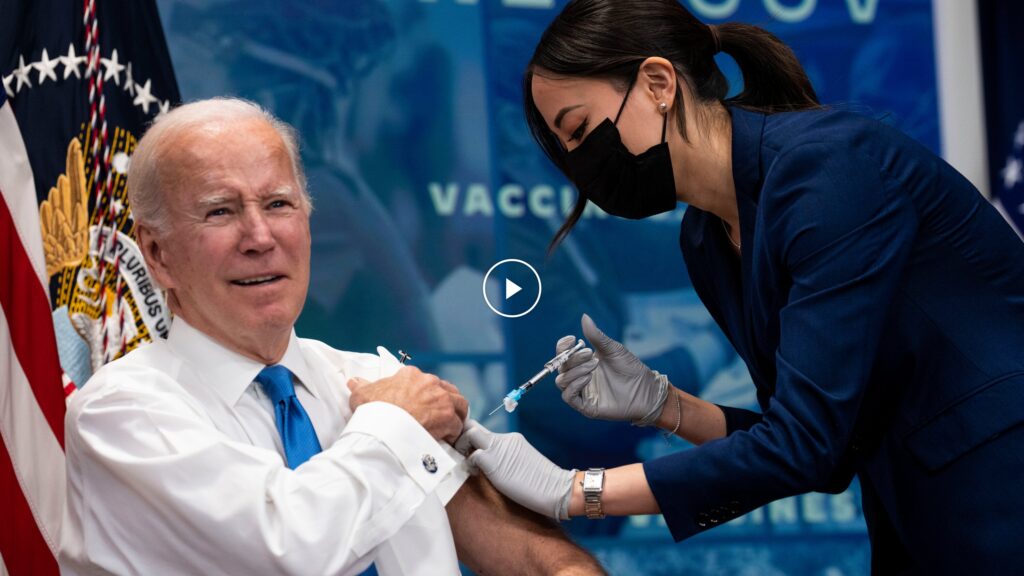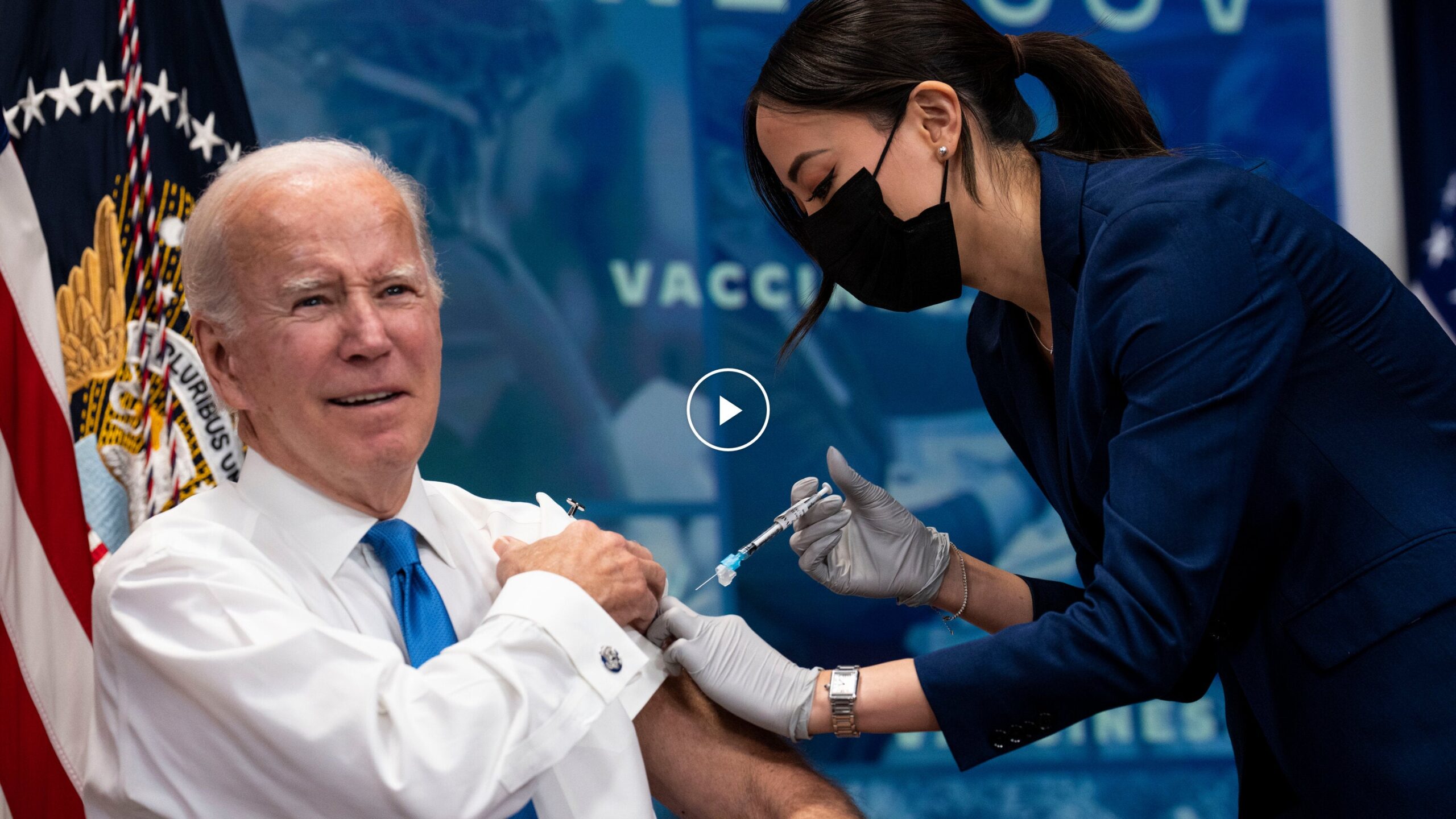
Joe Biden Sick? Examining the President’s Health and Recent Concerns
Concerns about the health of sitting U.S. presidents are nothing new, but with President Joe Biden being the oldest person to assume the office, scrutiny surrounding his well-being has intensified. This article delves into the recent concerns about whether Joe Biden is sick, providing an objective overview of his publicly available health records, recent incidents, and the broader implications of presidential health on the nation.
President Biden’s Health Records: A Detailed Overview
President Joe Biden’s official health records are released periodically by his physician. These records typically include details on his vital signs, medical history, and any ongoing treatments or medications. While these records generally indicate that Joe Biden is fit to serve, they also acknowledge certain pre-existing conditions. For example, he has been known to experience occasional atrial fibrillation, a type of irregular heartbeat, and has also had procedures to remove non-melanoma skin cancers. These conditions are managed with medication and regular check-ups.
It’s important to note that transparency in presidential health is crucial for maintaining public trust and ensuring the continuity of government. The release of these records allows the public to assess the president’s fitness for office based on verifiable medical information.
Recent Incidents Fueling Health Concerns
Several recent incidents have fueled speculation about Joe Biden’s health. These include instances where he has appeared to stumble or misstep during public appearances, as well as occasions where he has seemed to struggle with his speech. These incidents, while often minor, have been amplified by media coverage and have led to increased public discussion about his fitness for office. For instance, a recent fall while boarding Air Force One generated significant attention and renewed concerns about his physical health.
Furthermore, instances of verbal gaffes or apparent confusion have also been cited by some as evidence of cognitive decline. While such events are not uncommon in older individuals, their occurrence in a president naturally raises questions about their potential impact on decision-making.
The White House’s Response to Health Inquiries
The White House has consistently maintained that President Joe Biden is in good health and capable of fulfilling his duties. Press briefings often address questions about his well-being, with spokespersons emphasizing his rigorous schedule and active engagement in presidential responsibilities. They typically attribute any visible stumbles or verbal missteps to factors such as fatigue or allergies, rather than underlying health issues.
The White House medical team also plays a key role in monitoring the president’s health and providing regular updates to the public. These updates aim to reassure the public and counter any misinformation or speculation about his condition. [See also: White House Press Briefings on Presidential Health]
The Impact of Presidential Health on National Security
The health of the president has significant implications for national security. A president’s ability to make sound decisions, respond quickly to crises, and effectively lead the country depends on their physical and mental well-being. Any perceived decline in health can create uncertainty and potentially embolden adversaries. Therefore, transparency and accountability regarding presidential health are essential for maintaining national stability.
The 25th Amendment to the U.S. Constitution addresses presidential disability and succession. It outlines procedures for temporarily or permanently transferring presidential powers to the vice president in cases where the president is unable to discharge the powers and duties of their office. This amendment provides a framework for ensuring a smooth transition of power in the event of a president’s incapacitation.
Historical Precedents: Presidential Health Concerns in the Past
Concerns about presidential health are not unique to Joe Biden’s presidency. Throughout history, several presidents have faced health challenges while in office. For example, Woodrow Wilson suffered a debilitating stroke during his second term, and Franklin D. Roosevelt concealed his polio diagnosis from the public. These historical precedents highlight the importance of having mechanisms in place to address potential health-related crises in the executive branch.
The way these situations were handled in the past varied significantly. Some presidents were more transparent about their health issues than others, and the level of public scrutiny has also evolved over time with the advent of modern media and technology. [See also: Historical Cases of Presidential Illness]
Analyzing Media Coverage and Public Perception
Media coverage of President Joe Biden’s health has been extensive and often polarized. Some news outlets have focused on highlighting any perceived signs of decline, while others have downplayed these concerns and emphasized his continued ability to perform his duties. This varying coverage contributes to different public perceptions of his health and fitness for office.
Social media also plays a significant role in shaping public opinion. Videos of apparent stumbles or verbal gaffes are often widely circulated and commented upon, further amplifying concerns and contributing to a climate of speculation. It’s important for individuals to critically evaluate the information they consume and to rely on credible sources when assessing the president’s health.
The Role of the Presidential Physician
The presidential physician plays a crucial role in monitoring and maintaining the president’s health. They are responsible for providing regular medical care, conducting physical examinations, and advising the president on health-related matters. The presidential physician also plays a key role in communicating with the public about the president’s health, providing updates and addressing any concerns.
The credibility and trustworthiness of the presidential physician are essential for maintaining public confidence. Any perceived bias or lack of transparency can undermine public trust and fuel further speculation about the president’s health.
Looking Ahead: Future Considerations for Presidential Health
As the population ages, it is likely that future presidents will also be older. This raises important questions about the standards for assessing presidential fitness for office and the level of transparency that the public expects. It may be necessary to develop more comprehensive guidelines for evaluating presidential health and for ensuring that the public has access to accurate and reliable information.
The debate surrounding Joe Biden’s health underscores the importance of having a national conversation about the challenges and responsibilities of leadership in an aging society. It also highlights the need for continued vigilance and accountability in ensuring that the president is able to effectively discharge the powers and duties of their office. Is Joe Biden sick? Only time and continued observation will definitively tell, but the existing information allows for informed discussion and assessment.
Ultimately, the question of whether Joe Biden is sick or simply experiencing the normal effects of aging is a complex one with no easy answer. It requires a careful consideration of all available information, including his medical records, public appearances, and the statements of his physicians and White House staff. Staying informed and critically evaluating the information presented is paramount for every citizen.
The ongoing discussion about Joe Biden’s health serves as a reminder of the importance of presidential health in ensuring the stability and security of the nation. Transparency, accountability, and a commitment to providing accurate information are essential for maintaining public trust and ensuring that the president is able to effectively lead the country. This includes addressing concerns about whether Joe Biden is sick with factual information and objective analysis.
The health concerns surrounding President Joe Biden highlight the unique challenges of having an older individual in the highest office. While his medical team maintains he is fit for duty, the public scrutiny and media coverage continue to raise questions. Understanding the nuances of these discussions requires a balanced perspective, acknowledging both the potential risks and the president’s ability to perform his duties effectively. [See also: The 25th Amendment and Presidential Disability]

